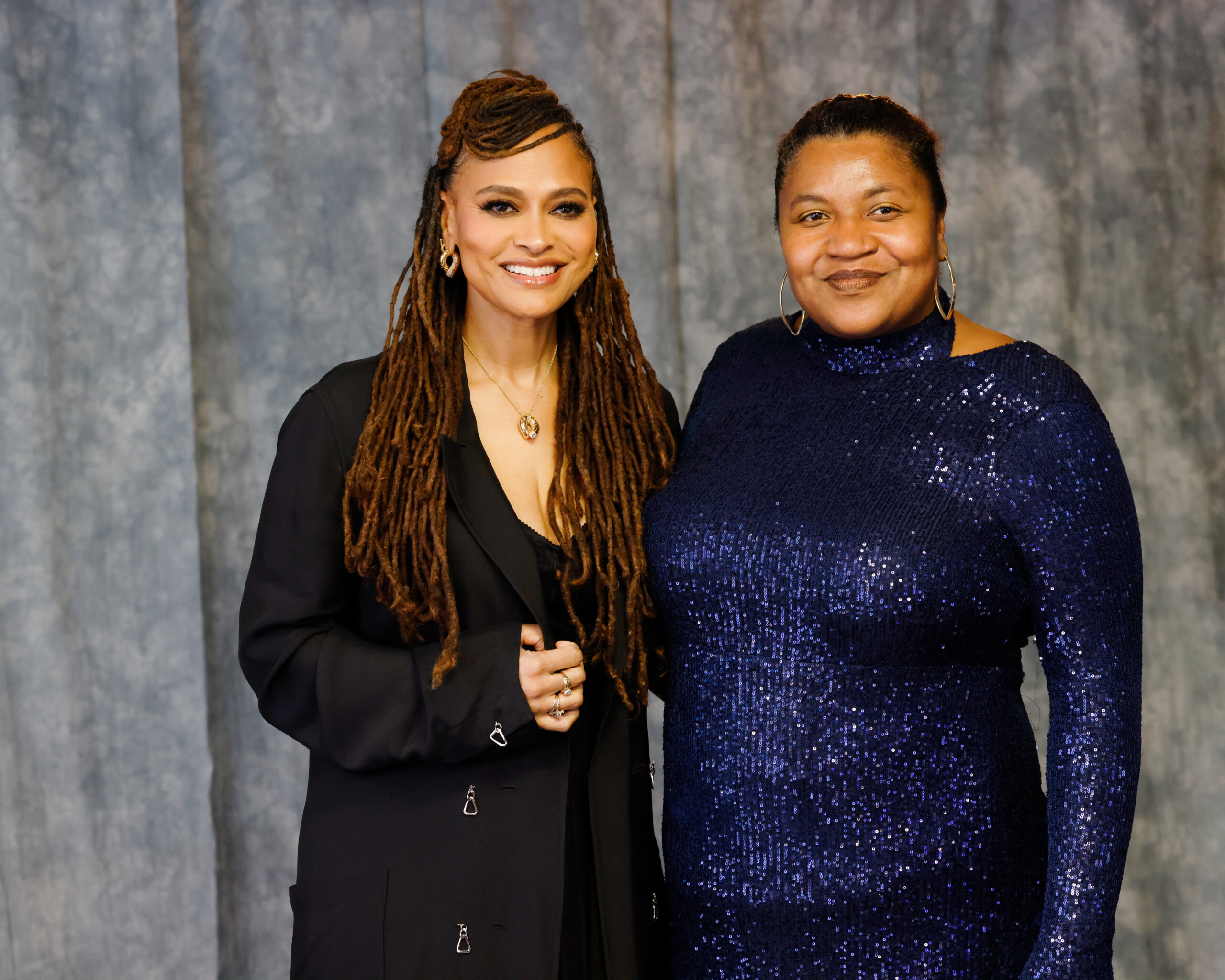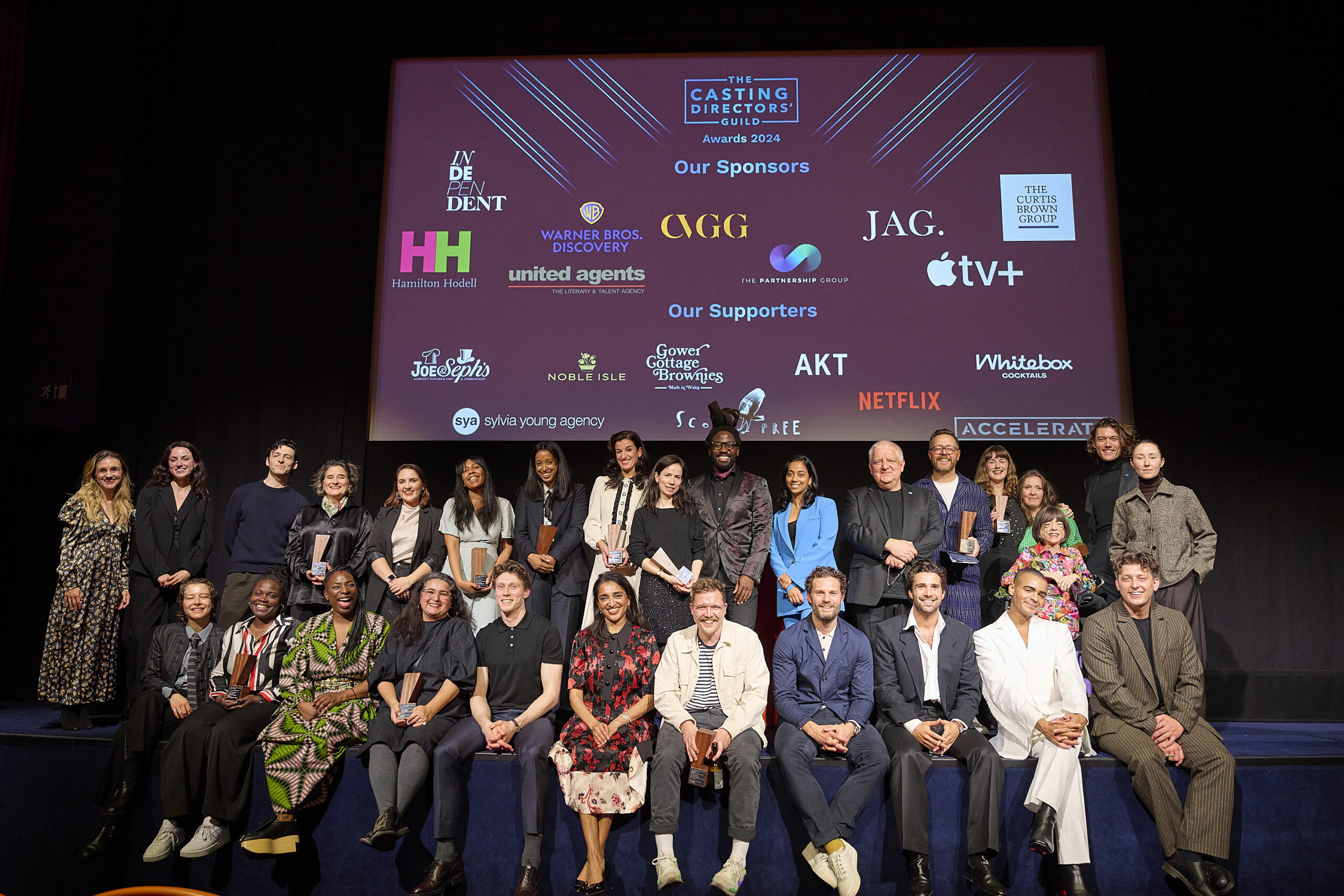10 Questions With BBR Talent Agency CEO Stuart K. Robinson
Casting Networks® caught up with Stuart K. Robinson, Partner/CEO of BBR Talent Agency and Bx2 Entertainment. Stuart talks about how he got his start in entertainment, his advice for those aspiring to work in his field and his hopes for the future of the entertainment industry.
1. How did you start working in the industry?
In my senior year of high school, I discovered somewhat accidentally that I had talent as an actor, immediately becoming the lead actor of my drama department. Several agents attended my senior musical, and I signed with one, skipped college, and began the audition regimen. I had success, but not the level I had hoped for, though the feedback was most always glowing. My mentor suggested I work as a casting assistant to pay the bills. A thousand hours inside the casting room revealed things about the process of hiring actors that I had never considered. After 12 years as a casting director, I developed a whole new philosophy about how an actor can win the role. So I resigned my position and begged my old agent (the same mentor) to take me back—and my whole world changed. My success as an actor led many people to quiz me about what I was doing differently to book so many jobs, and before I knew it, I had a burgeoning audition technique studio—so much in demand, I had no time to audition. But, I was able to help thousands of actors find their way to similar success. I loved it.
2. What inspired you to become a CEO of an agency?
I had no plan to be a CEO of anything. As my acting studio grew, I found more and more non-actors enrolling because my approach was less about acting, and more about business strategy, self-belief, and a better understanding of the industry in which you work. Soon, I was coaching doctors, lawyers, and CEOs as much as actors. When companies started to approach me to do the same for them—it worked. One of those companies was Brady, Brannon & Rich, where the results were so successful, they convinced me to stay on as CEO/co-owner. I accepted, with no business training, because I knew my approach to success would translate to most any endeavor. It made me fearless, and gifted me true freedom to pursue any/every dream.
3. What would you say to those aspiring to work in your field?
I would say commit yourself to learning the difference between transactional business and relationship-oriented business. Both can be lucrative, but when you truly value relationships, and you care more about each project than you care about the deal, fulfillment follows. As an example, when an actor cares more about the production being its best than he, she or they care about “winning the role,” that is when the experience of true liberation will be realized. With freedom comes confidence, gratitude, and power.
4. What was a pivotal moment for you within your industry during the pandemic? How has your role and/or your day-to-day routine changed in the past year and a half?
Well, the pivotal business moment was when we realized we could utilize technology to continue to ply our craft (at a time when we wondered if our industry would survive). My role has only changed in that it is more busy because I can fit more meetings, negotiations, and relationship building into each day when the physical prep, the drive across town, parking, checking in or ordering lunch, and the drive back to the office are eliminated. That is not to say that the value of face-to-face is lessened or less appreciated. It just takes more time than a 1:00 pm Zoom meeting where I can log on at 12:58.
5. If you could cast yourself in any role of all time what would it be?
I did cast myself: father to my two amazing daughters. Not what you wanted to hear? Okay…I toured as Judas in Jesus Christ Superstar when I was too young to fully understand the inner life of the character, and not yet sensitive enough a vocalist to do the score justice. I’d love another crack at a geriatric Judas.
6. What are your favorite activities or hobbies to do outside of work?
I fill every possible minute of each day with those activities: composing music, performing music, learning new skills (editing techniques, new philosophies, new languages like ASL, writing books). I have studied the game of poker because I believe the skills parallel those a great actor must employ: listening, watching, divining what the person opposite you is thinking, being courageous, yet practical. And, my passion since I was a child on the farm in Pennsylvania has always been the Los Angeles Lakers, because I believe basketball at its best is ballet three feet off the ground—the “Showtime” Lakers were seven-foot ballet artists of the highest degree.
7. What is one of your favorite acting performances to date?
Of course, anything Meryl Streep does; anything Cirque du Soleil does. Someone will always bring up one production that didn’t measure up, but the worst Cirque show is likely more inventive than most of the best productions in other mediums. I also love the small silent moments: Melinda Dillon’s newspaper moment in Absence of Malice, Helen Hunt’s silent reaction at the seafood restaurant in As Good as it Gets, Djimon Hounsou’s single line “Give Us Free!” in Amistad.
8. Who is an industry professional you admire and why?
My daughter Nicolette Robinson is pure genius and doesn’t even know it. In the lead role on Broadway, she transformed Waitress, a lovely and successful little musical, into a heartbreaking study of dreams, women’s rights, and empowerment night after night.
My second daughter Ally Robinson and my wife Maureen Robinson are the most astonishing storytellers through dance that I have ever witnessed. One gave it up to devote herself to her children and the other felt she could have more impact on the world guiding others to better mental health.
My son-in-law, Leslie Odom Jr., is a bonafide star on multiple levels, who continues to seek every opportunity to learn, to grow, and better himself even as the press tells him he has “made it.”
9. Do you have a quote or mantra that you live by?
First is the quote I created to repeat to myself daily: “Do it now; do it well; celebrate the accomplishment.”
Second is the Rumi quote: “Be a lamp, or a lifeboat, or a ladder. Help someone’s soul heal. Walk out of your house like a shepherd.”
10. What are you looking forward to in the industry in the coming year and beyond?
I believe the advances in technology have somewhat leveled the playing field. There is more technology in our cell phones today than existed in the top production facilities back in the day. I look forward to this now affordable gear, giving new creators the courage and inspiration to refocus on story; for studios, networks, and platforms to embrace new voices, and mandate producing ten astonishing little stories for every blockbuster in which they invest.
My, perhaps unrealistic, short-term mission is to change the title of all “actors” to “storytellers” to remind them of the depth of their responsibility, their true talent, and the power they hold to make a difference in our society and our world.



